Product Management roles can change dramatically from company to company. Not just in terms of the job description, but also how these roles fit into a larger product org.
The tech industry is constantly growing and evolving, with new products being introduced and updated at an ever-increasing pace. To keep up with this pace, companies require skilled people who can effectively manage the product lifecycle, from ideation to launch and beyond. This is where Product Managers come in.
However, the day-to-day job of a PM can change dramatically from company to company. Moreover, there are radically different approaches to structuring a product organization and its roles. These differences might make it hard for new PMs to understand their roles, where do they fit, and what to expect. In this article, I’ll explore different product roles in the tech industry and the specifics of each of them.
Individual Contributor Roles#
Individual contributors are professionals who contribute to a team or organization, but do not manage others. ICs may be responsible for a certain function within a team or “own” projects. They often collaborate across functions and teams, influencing others without having positional authority. Evolution in this track for a PM is categorized by the ability to manage larger scopes and complexity without losing the ability to execute and bring results to the company.
Associate Product Manager (APM)#
An Associate Product Manager, or APM, is an entry-level position in product management. APMs typically work under the supervision of more experienced product managers and are responsible for assisting in product development and supporting the product team in various tasks. APMs can be considered as a pipeline for new product managers as they learn about the industry and product development process.
Product Manager (PM)#
Product Managers, or PMs, are responsible for leading the product development process, from conception to launch. They work closely with cross-functional teams such as engineering, design, marketing, and sales to ensure the product is delivered on time and meets customer needs. PMs are responsible for defining the product vision and strategy, creating a roadmap, and prioritizing features.
Senior Product Manager (Sr. PM)#
Senior Product Managers, or Sr. PMs, have more experience and are responsible for leading more complex and strategic products. They are responsible for understanding the market, customer needs, and competition, and developing product strategies that align with business goals. Sr. PMs often work across more than one single team/product and collaborate with stakeholders at different levels of the organization.
Staff Product Manager (Staff PM)#
Staff Product Managers, or Staff PMs, have extensive experience in product management and are responsible for managing high-impact products. They work closely with executives to develop long-term product strategies and lead cross-functional teams to deliver high-quality products. Staff PMs are responsible for mentoring other product managers and guiding the product development process.
Principal Product Manager (Principal PM)#
Principal Product Managers, or Principal PMs, are responsible for leading the product vision and strategy for the company. They work closely with executives to align the product vision with the company’s overall strategy and develop long-term product roadmaps. Principal PMs are responsible for mentoring and guiding other product managers and are considered experts in their fields.
Manager Roles#
The following roles involve the direct management of other product roles. Not only do these roles focus on crafting and delivering a vision, strategy, and roadmap, but they also are required to create and manage the product org. Specifically, hire and grow teams, mentor PMs, and work with customers, internal stakeholders, and other product IC positions to deliver the expected outcomes.
Group Product Manager (GPM)#
Group Product Managers, or GPMs, are responsible for managing a group of products or product lines. They oversee multiple PMs and work with cross-functional teams to develop strategies and roadmaps for each product. GPMs are responsible for ensuring the products under their portfolio align with the company’s overall strategy and meet customer needs. GPMs also have people management responsibilities, by directly managing PMs and Sr. PMs reporting to them.
Director of Product (DoP)#
Directors of Product, or DoPs, are responsible for managing a team of group product managers and overseeing the product development process. They work closely with executives to align the product strategy with the company’s overall strategy and ensure the products under their portfolio meet customer needs. DoPs are responsible for developing and implementing product management processes and procedures to improve efficiency and effectiveness.
Chief Product Officer (CPO)#
Chief Product Officers, or CPOs, are responsible for the overall product vision and strategy of the company. They work closely with executives and stakeholders to ensure the product strategy aligns with the company’s goals and objectives. CPOs are responsible for driving innovation and ensuring the company stays ahead of the competition. They oversee multiple product teams and are responsible for ensuring the product development process is efficient and effective.
Conclusion#
In conclusion, product roles in the tech industry are diverse and varied. From APMs to CPOs, each role has specific responsibilities and plays a critical role in the product development process. Even if presently there is still no de facto framework for product roles and product organization, things are improving. In my 10 years in Product, there has never been more information available about both how to improve as an IC or how to grow product teams. Right now is a great moment for everyone who wants to become a Product Manager to do so and help shape and define the future of the area.







